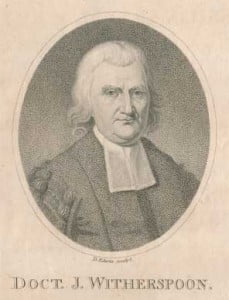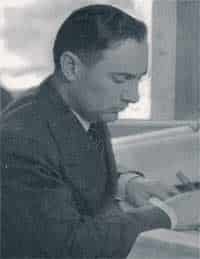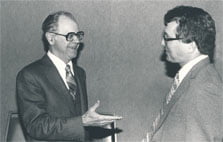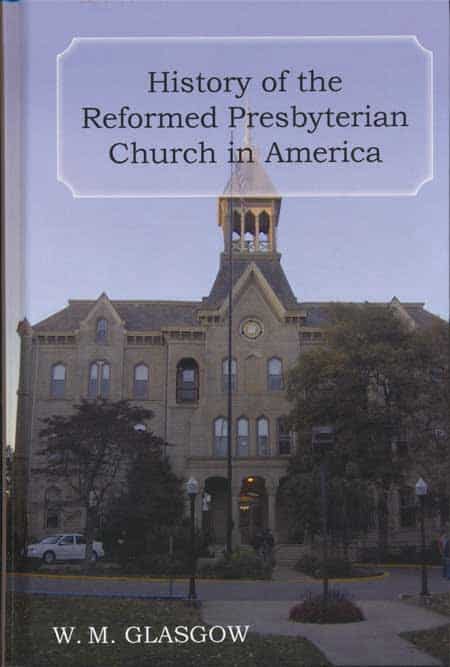Union of Presbyterians
Ordinarily when you read of an event which brought together two separate bodies of Presbyterians, you would rejoice over the union. But when you read of a conservative body of Presbyterians uniting with a liberal body of Presbyterians, one tends to be sad. And yet the latter is what happened on this day, May 28, 1958 when the United Presbyterians Church of North America united with the Presbyterian Church in the United States of America in Pittsburgh, Pennsylvania.
We have in these historical devotionals spent enough time on the decline of testimony of the historic Christian faith which the Presbyterian Church, U.S.A. has had since the early part of the last century. What you may not know is the history and testimony of the United Presbyterian Church of North America.
It was almost to the day of this union in 1958 that two Scotch-Irish Presbyterians joined together in 1858 to make up the United Presbyterian Church of North America. Those two bodies which made up that union were the Seceders or Associate Presbyterians and the Associate Reformed Presbyterian Church. They had in the old country of Scotland left the Church of Scotland, and then immigrated over to what later became America. The latter Associate Reformed Presbyterians had come from a union of the Associate Presbytery and Reformed Presbytery in Pequea, Pennsylvania, on June 13, 1782 (see historical devotional for that date). The primary strength of membership lay in western Pennsylvania and eastern Ohio.
What is even more important than these facts is to sum up their faith and life. With their Scotch-Irish roots, they held to the Westminster Confession of Faith and catechisms as their subordinate standards, exclusive psalmody, Sabbatarianism, being a part of the abolitionist movement, and strong Protestantism. While the psalmody was abandoned in 1925, this church still held to a conservative Calvinism.
All this is then perplexing as to why they voted to merge into the liberal Presbyterian Church in the U.S.A. almost one hundred years later in 1958. In less than ten years, the wider body would replace the historic Westminster Standards with the Confession of 1967, relegating the former to a book of confessions.
Words to Live By: All of us need to carefully examine what we will gain and what will be lost in uniting together with others. Our associations matter. Not just who our friends are, but what we read, watch, and listen to, not to mention all the many social, religious and political groupings that we may be involved with, all these things bring influences that affect us far more than we may realize. Which is why prayerful, consistent time in the Word of God is so important, as a anchor against anything that might seek to sway and divert us away from honoring our Lord and Creator in all that we say and do.






